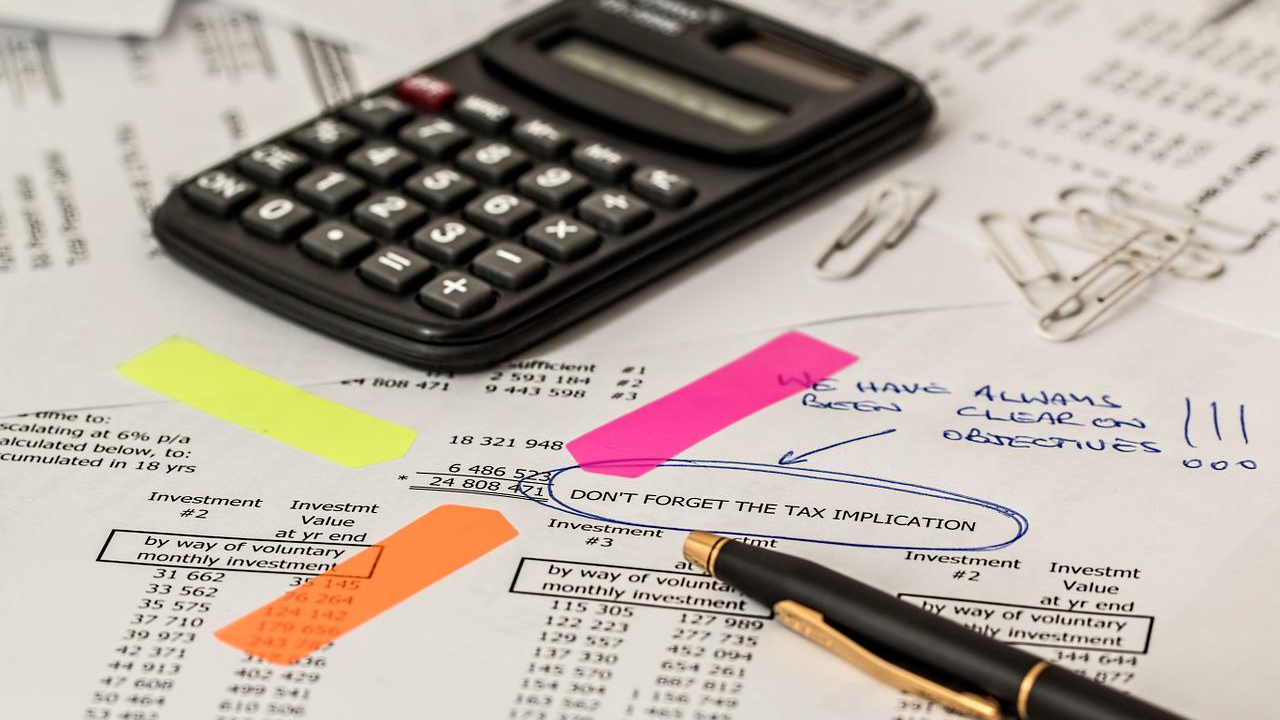Image Source: Pixabay
Business personal property taxes can be one of the most difficult finances to handle. When you are the business owner, you may be unsure if the capital you initially invested may not be worth it after tax.
You need to deal with your existing assets and the deadlines that need to be met. At every end of the cycle, tax specialists must know what can be done to lower tax bills. In the case of companies, business personal property taxes cover physical assets. Think of the furniture, fixtures, computers, printers, and other supplies used in the business. However, the word “personal” does not refer to personal use. Here is what you should know about business personal property taxes.
Table of Contents
The Cycle of Business Personal Property Tax
At the start, most businesses will need to file and prepare for returns. You could do this if you are willing to, but this is the job of accountants. If the company has multiple accounts, all accounts need to be filed. It will be hard for the company to deal with leftover accounts.
First, it is done by managing asset information. You need to list the assets used based on a calendar year. Indicate the location and activities since it will be part of the overall assessment. Your jurisdiction may have additional requirements for compliance. After managing them, that is when you can calculate the asset’s value. When all assets have their values indicated, prepare and file your returns.
All assessments need to be tracked at all times. If there are assets that need reevaluation, you can protest the valuation. However, it will require additional paperwork, but it can save you in tax bills. When everything is in place, that is only when you can finally pay your taxes. You must track the due dates to know that nothing gets lost in the process. You have your copy, and the local government has theirs.
Local Taxation
Local taxes vary from state to state. And the majority of them require a sales tax on the sale of personal property. They need to be tangible so they can be collected at the time of purchase. You are expected to pay the tax directly to the state even if you have no sales tax charged.
On top of that, you may also have to pay an annual tax for your business personal property through filings on your local government. The tax covers them, and the tax rates vary from one location to another.
Related Terms to You Need to Know
While you handle your business, there will be additional terms you have to keep an eye out for. These include:
- Personal Property – It refers to the type of property, not the current ownership.
- Fiscal Year – It is the specified period between July 1 of one year until June 30 of the following year.
- Depreciation – For personal property, depreciation is calculated according to a schedule. It is also the decrease in the value of a wasting asset. It does not include land.
- Replacement Factor – It is mandated by the Department of Taxation annually to replace costs by bringing back the original cost of the personal property.
Wrap up
These taxes will require a deep understanding of the subject matter, whether you are a business owner or an accountant. It is possible to get a general understanding but still encounter additional costs. It is up to you whether you want to comply or lessen tax expenses for your business.
Author’s Bio:
William Ross may not be a lawyer by profession, but he’s one of the sharpest writers out there when it comes to property tax and valuation. Armed with considerable knowledge and gifted with impeccable writing skills, he can surely deliver engaging property-related content.






